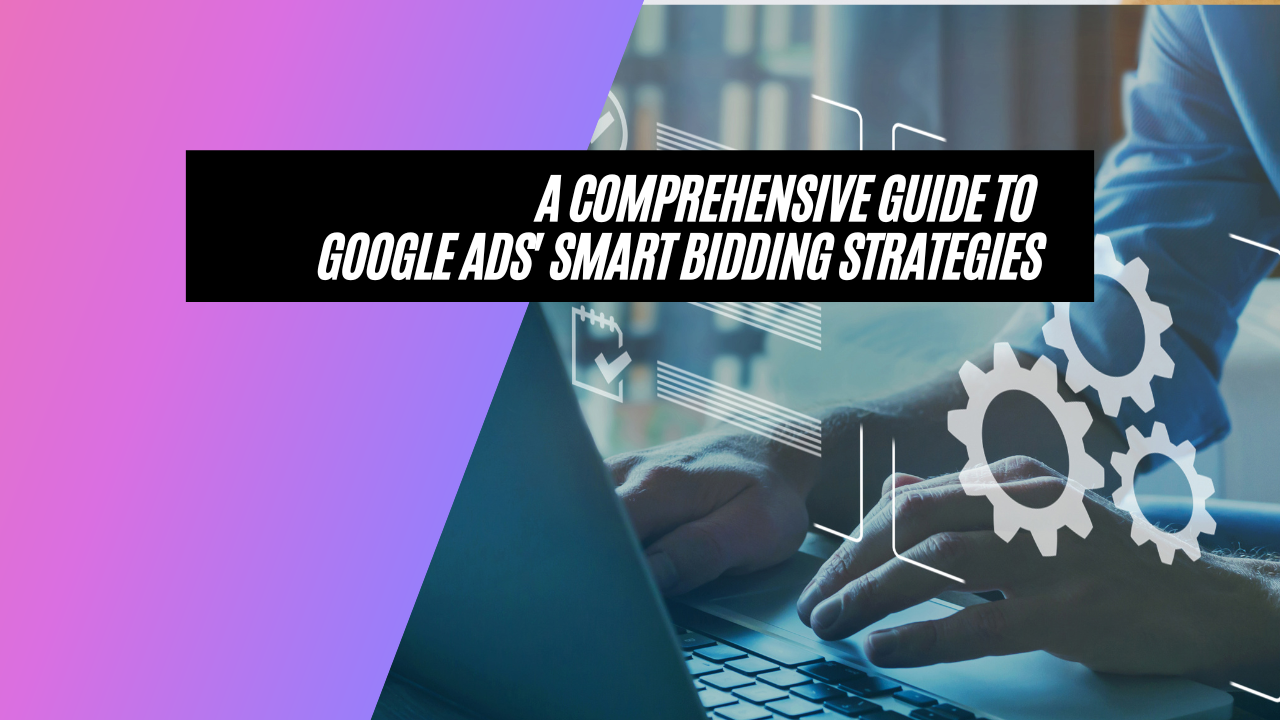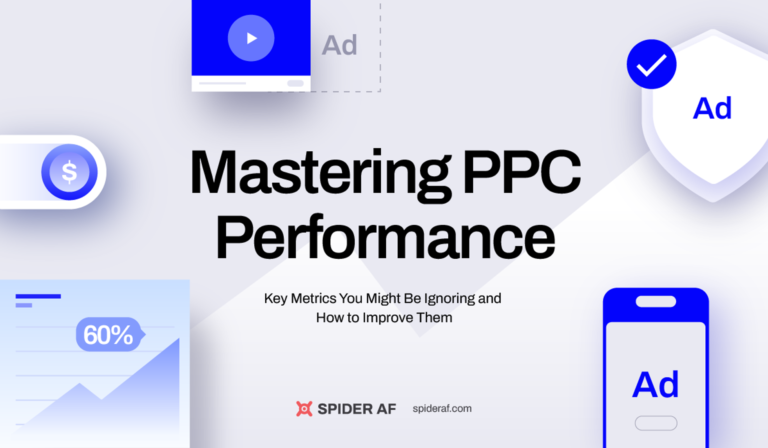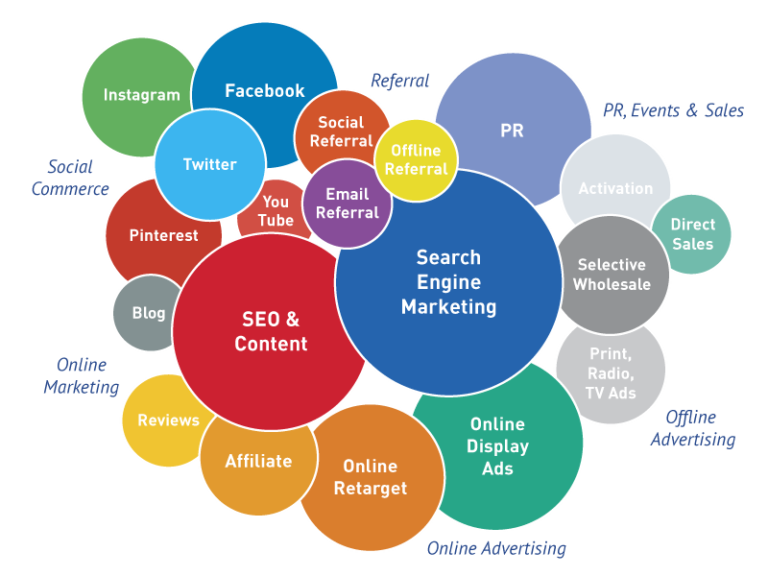Google Ads offers various bidding strategies, including Manual CPC and Smart Bidding, with each having its own advantages and considerations for advertisers. We will delve into these bidding strategies to help you understand their differences and determine the most suitable option for your advertising goals.
Google Ads is a powerful advertising platform that allows businesses to reach their target audience through paid search and display ads. One of the key factors in running successful ad campaigns is setting an effective bidding strategy. However, with the availability of multiple bidding options, it can be challenging to understand which one to choose.
We will explore two popular bidding strategies offered by Google Ads: Manual CPC and Smart Bidding. We will explain how these strategies work, their benefits, and the factors you should consider when deciding which strategy to implement for your advertising campaigns. By the end of this article, you will have a clear understanding of these bidding strategies and be equipped to make informed decisions for your Google Ads campaigns.
Manual Cpc Bidding
When it comes to running successful Google Ads campaigns, choosing the right bidding strategy is crucial. One popular option is Manual CPC bidding, which allows advertisers to have complete control over their bids. In this section, we will provide an overview of Manual CPC bidding, discuss its benefits and drawbacks, and share best practices for achieving success with this bidding strategy.
Overview Of Manual Cpc Bidding
Manual CPC bidding is a straightforward bidding strategy wherein advertisers manually set their maximum cost-per-click (CPC) bids for their keywords. This strategy gives advertisers complete control and flexibility in determining how much they are willing to pay for each click on their ads. By setting bids manually, advertisers can closely monitor their campaign performance, make informed adjustments, and optimize their budget allocation.
Benefits And Drawbacks Of Manual Cpc Bidding
Like any bidding strategy, Manual CPC comes with its own set of advantages and limitations. Understanding these can help advertisers make an informed decision:
Benefits of Manual CPC bidding:
- Complete control: Advertisers have full autonomy to adjust bids based on their specific goals and performance metrics.
- Budget allocation: This strategy allows advertisers to allocate their budget to keywords that generate the most valuable clicks.
- Easy to understand: Manual CPC bidding is straightforward to implement and comprehend without requiring complicated algorithms or machine learning.
Drawbacks of Manual CPC bidding:
- Time-consuming: Since bids need to be adjusted manually, it can be time-consuming, especially for accounts with numerous keywords and campaigns.
- Limited optimization capabilities: Unlike automated bidding strategies, Manual CPC bidding lacks the advanced optimization techniques offered by machine learning algorithms.
- Requires continuous monitoring: Advertisers need to constantly monitor their campaigns and make bid adjustments based on performance to ensure optimal results.
Best Practices For Successful Manual Cpc Bidding
To make the most of Manual CPC bidding, following these best practices can help advertisers achieve successful results:
- Regularly review your performance metrics: Keep a close eye on key metrics like click-through rate (CTR), conversion rate, and cost-per-acquisition (CPA) to identify areas for improvement.
- Segment your campaigns: Organize your campaigns into tightly themed ad groups to improve relevance and tailor your bids more precisely.
- Perform thorough keyword research: Conduct extensive keyword research to identify high-performing keywords and bid more aggressively on those that align with your campaign objectives.
- Implement ad scheduling: Analyze historical performance data to determine the optimal time periods for running your ads and adjust bids accordingly.
- Regularly test and optimize: Continuously test different ad variations, landing pages, and bid adjustments to identify what works best for your target audience.
By adhering to these best practices, advertisers can leverage the power of Manual CPC bidding and achieve their desired advertising goals.

Credit: eternitymarketing.com
Smart Bidding
Smart Bidding is a Google Ads bidding strategy that leverages machine learning algorithms to optimize bids for better performance and achieve your advertising goals. With Smart Bidding, Google automatically adjusts bids in real-time, based on various factors like user location, device, time of day, language, and even the likelihood of a conversion.
There are several Smart Bidding strategies that you can choose from, depending on your specific goals:
1. Target CPA (Cost Per Acquisition)
Target CPA bidding strategy is ideal if your primary objective is to maximize conversions while maintaining a specific target cost per acquisition. Google automatically adjusts your bids to achieve an average CPA that aligns with your target.
2. Target ROAS (Return On Advertising Spend)
If you want to optimize for maximum value while maintaining an average return on ad spend, Target ROAS bidding strategy is the way to go. Google automatically adjusts your bids to generate the highest possible conversion value within your specified ROAS target.
3. Maximize Conversions
This Smart Bidding strategy is focused on driving as many conversions as possible within your daily budget. Google sets bids to maximize the number of conversions based on historical data and real-time signals.
4. Enhanced CPC (Cost Per Click)
Enhanced CPC bidding strategy combines manual bidding with automated bidding. Google adjusts your manual bids in real-time to increase the likelihood of conversions. While you have control over your initial bids, Google uses its algorithm to optimize them based on the likelihood of conversion.
| Advantages | Limitations |
|---|---|
|
|
Additional Bidding Strategies
When it comes to Google Ads bidding strategies, there are several options available to help advertisers optimize their campaigns and achieve their goals. In addition to manual CPC and smart bidding strategies, there are a few additional strategies that can further enhance your ad performance and increase your return on investment. These strategies include:
Enhanced Cpc Bidding
Enhanced CPC (ECPC) is a bidding strategy that allows you to automatically adjust your manual bids in real-time based on the likelihood of a conversion. With ECPC, Google Ads will increase your bid for clicks that are more likely to lead to conversions and decrease your bid for clicks that are less likely to result in a conversion. This automated bidding strategy can help you maximize your conversions while still maintaining control over your bidding decisions.
Target Cpa Bidding
Target CPA (cost-per-acquisition) bidding is a smart bidding strategy that allows you to set a target cost per conversion that you’re willing to pay. Google Ads will then automatically adjust your bids to help you achieve that target cost per conversion. This strategy is particularly useful for advertisers who have a specific budget in mind and want to optimize their bidding to achieve their desired cost efficiency.
Target Roas Bidding
Target ROAS (return on ad spend) bidding is another smart bidding strategy that allows you to set a target ROAS percentage that you want to achieve. Google Ads will then optimize your bids to maximize your conversion value based on the target ROAS you have set. This strategy is especially beneficial for advertisers who are focused on driving revenue and want to ensure a strong return on their ad spend.
By leveraging these additional bidding strategies, advertisers can take their Google Ads campaigns to the next level. Whether it’s increasing conversions with Enhanced CPC, achieving cost efficiency with Target CPA bidding, or maximizing return on ad spend with Target ROAS bidding, these strategies provide valuable options for advertisers to optimize their bidding and achieve their advertising goals.

Credit: www.ppcadeditor.com
Choosing The Right Bidding Strategy
When it comes to running successful Google Ads campaigns, choosing the right bidding strategy is crucial. The bidding strategy you select will directly impact your ad performance, campaign budget, and overall return on investment. In this section, we will discuss the factors to consider when selecting a bidding strategy, the importance of testing and experimentation, and tips for optimizing bidding performance.
Factors To Consider When Selecting A Bidding Strategy
Before you dive into selecting a bidding strategy, it’s important to evaluate and understand the key factors that can influence your decision. Let’s take a closer look at a few factors that should be taken into account:
- Advertising goals: Determine your primary goals for your Google Ads campaign. Are you focused on maximizing conversions, increasing website traffic, or improving brand awareness? Your goals will shape your bidding strategy.
- Budget: Assess your budget constraints and consider how much you are willing to invest in your campaigns. Some bidding strategies require higher budgets to be effective.
- Competition: Analyze the level of competition in your industry. If the competition is fierce, you may need a more aggressive bidding strategy to secure ad placements.
- Target audience: Understand your target audience and their buying behaviors. This can help you choose a bidding strategy that aligns with their preferences and actions.
- Data availability: Evaluate the availability of historical campaign data. More historical data can provide insights to refine your bidding strategy effectively.
Testing And Experimentation To Find The Best Strategy
Once you’ve considered the factors mentioned above, it’s time to test different bidding strategies and experiment to find the one that works best for your campaigns. Testing and experimentation allow you to gather real-time data and insights that can guide your decision-making process. Here are some tips to help you conduct effective tests:
- Select a control group: Start by setting up a control group that uses a traditional manual CPC bidding strategy. This will serve as a baseline for evaluating the performance of other bidding strategies.
- Test one variable at a time: Avoid making multiple changes simultaneously. Test one variable, such as the bidding strategy or ad scheduling, to accurately measure its impact on your campaigns.
- Set clear objectives: Define measurable objectives for each test. Whether it’s increasing click-through rates or improving conversion rates, having clear goals will help you assess the success of each bidding strategy accurately.
- Analyze results: Regularly monitor and analyze the results of your experiments. Look for patterns, trends, and significant differences in performance metrics to identify the most effective bidding strategy.
Tips For Optimizing Bidding Performance
Once you have identified the most suitable bidding strategy for your Google Ads campaigns, it’s important to optimize the performance of your bidding to achieve the best possible results. Here are some tips to help you optimize your bidding performance:
- Monitor performance regularly: Keep a close eye on your campaign performance metrics and make adjustments as needed. Regular monitoring will help you identify any issues or opportunities for improvement.
- Refine audience targeting: Continuously refine your audience targeting to ensure your ads are reaching the most relevant audience. Narrowing down your audience can lead to better conversion rates and ad performance.
- Experiment with ad creatives: Test and experiment with different ad creatives to see which ones resonate the most with your target audience. Compelling ads can increase click-through rates and improve conversion rates.
- Optimize landing pages: Make sure your landing pages are optimized for a seamless user experience. A well-designed and relevant landing page can lead to higher conversion rates and better ad quality scores.
- Keep up with industry trends: Stay informed about the latest industry trends and updates in Google Ads. Continuous learning and adapting to new strategies can give you a competitive advantage.

Credit: www.sfdigital.co.uk
Frequently Asked Questions Of Understanding Google Ads Bidding Strategies: Manual Cpc, Smart Bidding, And More
What Is The Difference Between Smart Bidding And Manual Bidding?
Smart bidding is an automated bidding strategy that uses machine learning to optimize bids for conversions or conversion value. Manual bidding, on the other hand, requires manual adjustments to bids by advertisers.
What Are The Different Bidding Strategy In Google Ads?
The different bidding strategies in Google Ads include manual CPC, target CPA, target ROAS, and automated bidding. Manual CPC allows you to set your own bid amounts. Target CPA aims to achieve a specific cost per acquisition. Target ROAS focuses on maximizing conversion value within a desired return on advertising spend.
Automated bidding utilizes machine learning to optimize bids based on your campaign goals.
What Is The Difference Between Manual Cpc And Maximize Clicks?
Manual CPC allows you to set the maximum amount you’re willing to pay for each click, giving you more control over your budget. Maximize clicks, on the other hand, automatically adjusts your bids to get you the maximum number of clicks possible within your budget.
Which Two Google Ads Smart Bidding Strategies Are Most Ideal To Use?
The two most ideal Google Ads smart bidding strategies to use are Target CPA (Cost Per Acquisition) and Target ROAS (Return on Ad Spend). They optimize bids to maximize conversions or achieve a specific target return on ad spend, respectively.
Conclusion
To sum up, understanding Google Ads bidding strategies is essential for optimizing your advertising campaigns. Manual CPC allows for maximum control and flexibility, while Smart Bidding leverages machine learning to automate bids for better performance. Choosing the right bidding strategy depends on your goals, budget, and campaign complexity.
Remember to continuously monitor and refine your strategy to achieve optimal results. Start exploring and experimenting with different bidding strategies to drive more relevant traffic and improve your return on investment.


